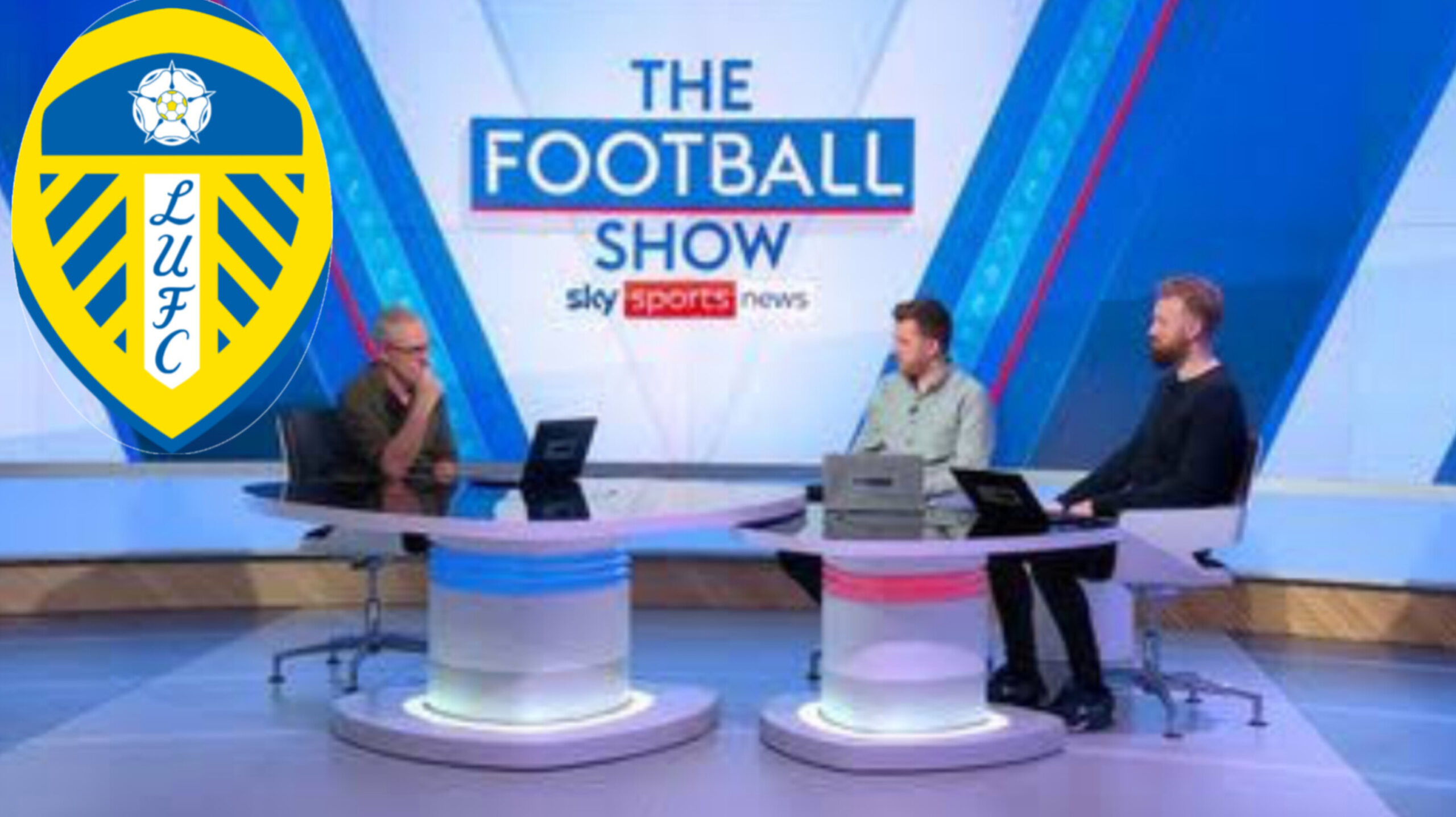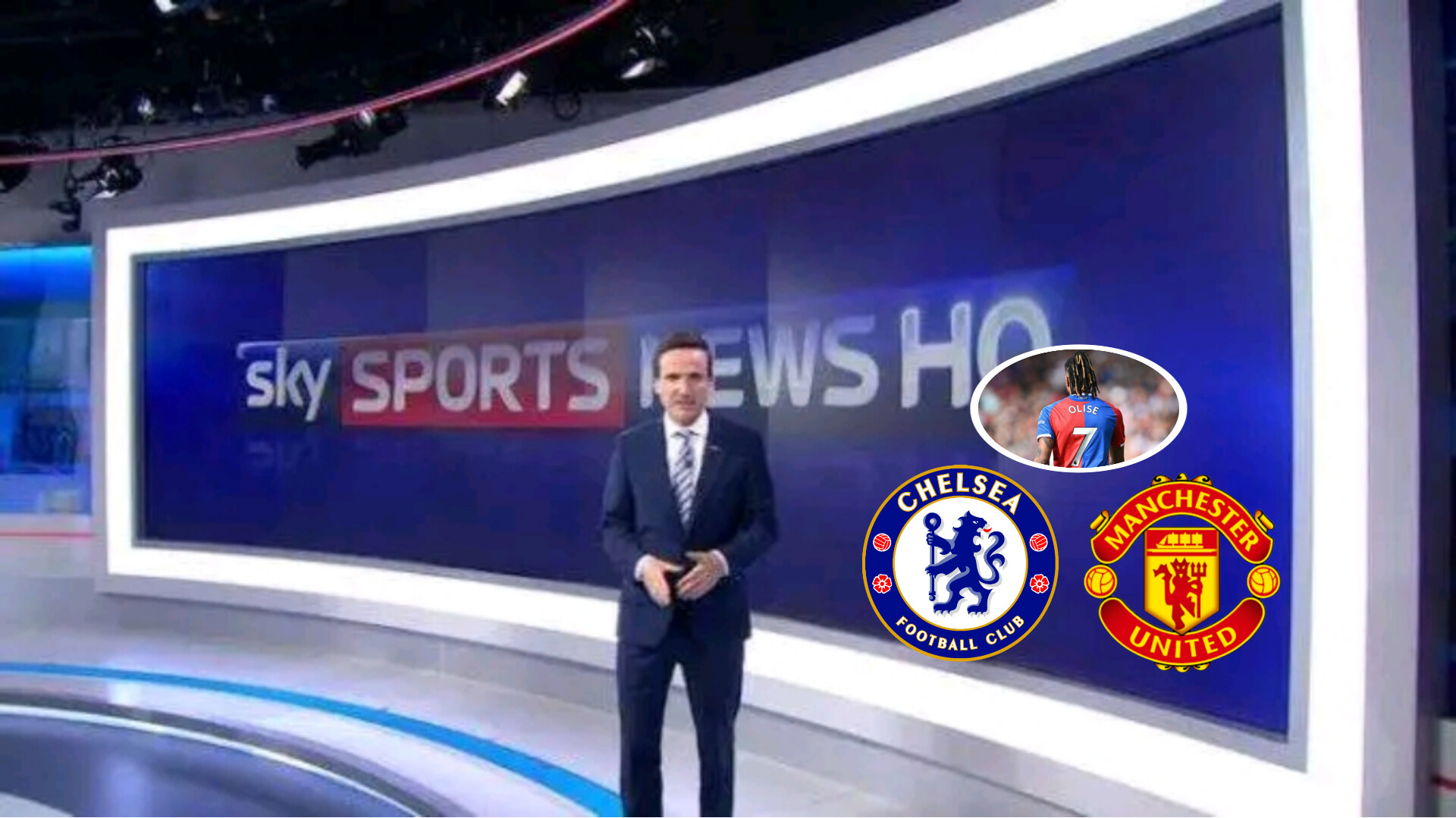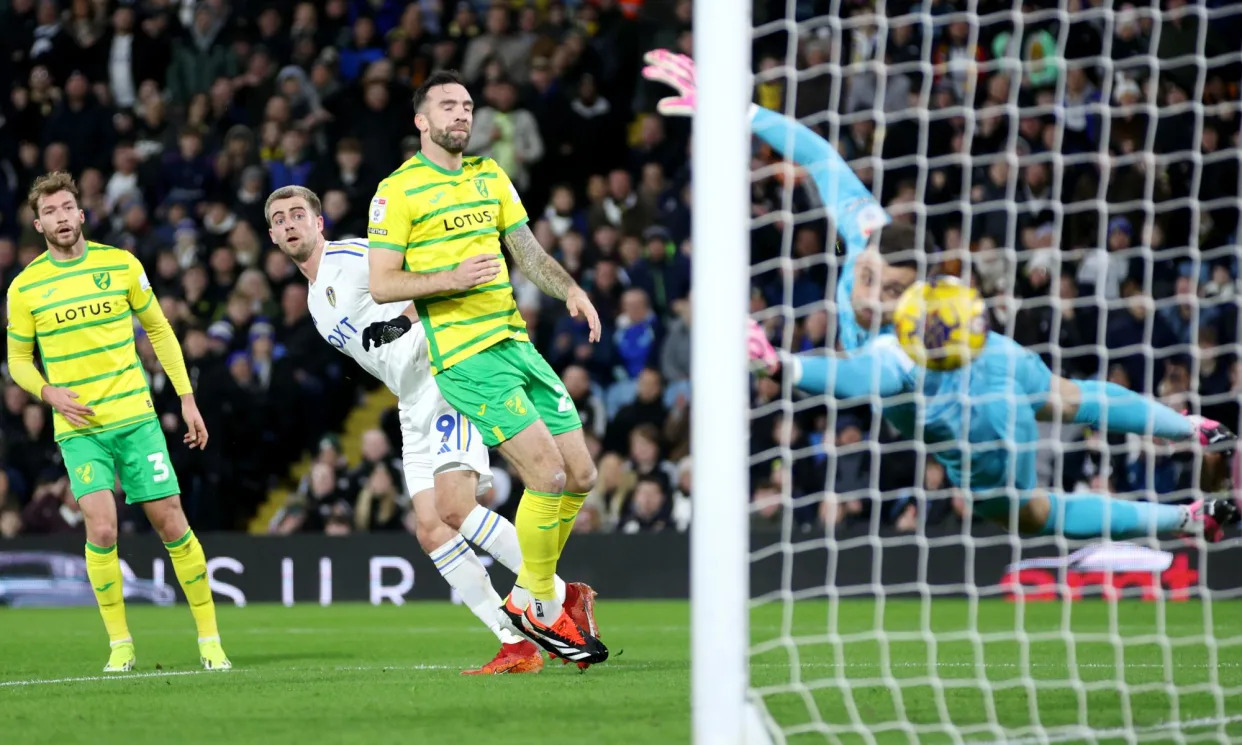The conclusion of Leeds United’s summer transfer window left fans and pundits alike pondering the club’s inability to secure a crucial attacking midfielder, with Hungarian international Roland Sallai emerging as the one that got away. This saga, unfolding in the wake of major player departures, underscores the complex challenges faced by the club’s new ownership, the 49ers, in their first full transfer window at the helm.
The departure of Georginio Rutter, one of Leeds’ creative lynchpins, created a void in the team’s attacking output that urgently needed addressing. Enter Roland Sallai, the versatile Freiburg midfielder who had caught the eye with his performances for Hungary in the Euro 2024 campaign. With Sallai entering the final year of his contract in Germany, he appeared to be an attainable target for Leeds, despite their recent relegation to the Championship.
As the transfer deadline approached, Leeds managed to secure deals for Ao Tanaka and Isaac Schmidt, but the glaring absence of an attacking midfielder left many questioning the club’s strategy. The situation took an unexpected turn when Sallai, rather than joining Leeds, completed a move to Turkish giants Galatasaray for a surprisingly modest fee of £5 million after the English transfer window had closed.
This development has sparked considerable debate and disappointment among Leeds supporters and observers. Graham Smyth of the Yorkshire Evening Post, speaking on the Inside Elland Road podcast, didn’t mince words in his assessment: “They should have got Sallai. Roland Sallai, big lad, can play everywhere, especially 10. They should have got him, there can be no real debate about that now.”
The failure to secure Sallai’s signature for such a reasonable price is seen as a significant missed opportunity for Leeds. His versatility, experience, and potential impact in the Championship could have been invaluable for a team aiming for immediate promotion back to the Premier League.
However, it’s worth considering the player’s perspective. Despite Leeds’ illustrious history and ambitious plans, the allure of playing European football with Galatasaray likely played a crucial role in Sallai’s decision. The opportunity to compete in the Europa League, as opposed to England’s second tier, presents a compelling case for any player of Sallai’s caliber.
This transfer saga serves as a stark reminder of the challenges faced by clubs operating outside the top flight, even those with resources and prestige like Leeds United. It highlights the delicate balance between a club’s ambitions and a player’s career aspirations, particularly when European football is on the table.
For Leeds and the 49ers ownership group, this episode will undoubtedly prompt reflection on their transfer strategy and negotiation tactics. As they continue their push for promotion, the question of how to attract top talent to a Championship side will remain a pressing concern.
In the end, while Leeds fans may rue the missed opportunity to sign Sallai, the focus must now shift to maximizing the potential of the current squad. The challenge for manager Daniel Farke and his team is to prove that they can achieve their promotion goals with the resources at hand, even without the Hungarian international in their ranks.





